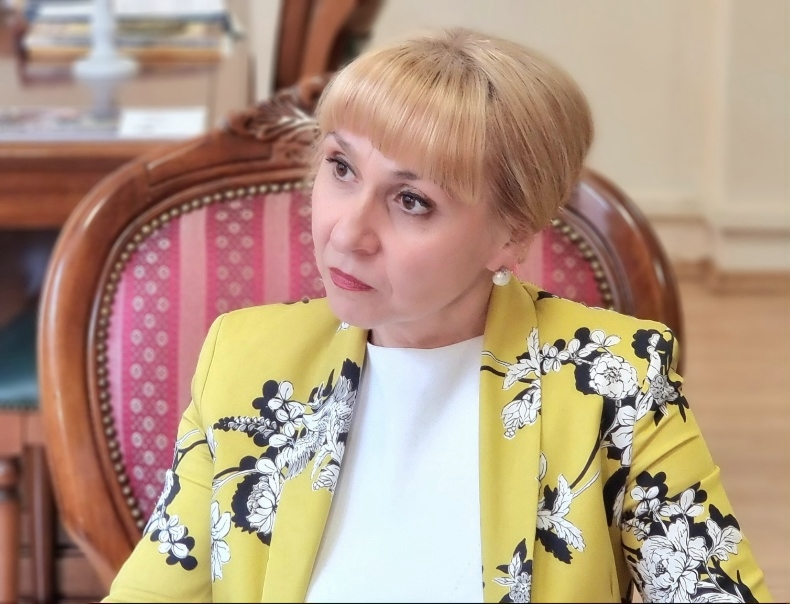News
The Ombudsman again called for an alternative to e-prescriptions for antibiotics and diabetes medicines

20 October 2023
Ombudsman Diana Kovacheva again referred the Minister of Health Prof. Hristo Hinkov concerning the numerous signals and complaints received by the institution about violated rights after introduction of the purchase of antibiotics and diabetes medicines only with an electronic prescription, effective from 16 October this year.
In her recommendation, she reiterates that patients are unable to purchase the medicinal product needed for their treatment in a timely manner, particularly vulnerable groups such as the elderly, people with disabilities and, above all, children, for whom timely launch of treatment is often crucial to controlling the disease and preventing serious complications. The Ombudsman adds that there are many reports and cases of breaches of the professional rights of doctors, dentists and veterinarians.
In this context, the Ombudsman recommends that an alternative possibility of prescribing and dispensing with a paper prescription for the mentioned groups of medicinal products be established as soon as possible in order to guarantee the rights of patients and the professional rights of those working in the healthcare system.
“Also I would like to point out again that exercise of effective control over prescribing and dispensing of the specified groups of medicinal products is an important condition for preventing abuse and shortage of medicines, as well as for optimising the use of antibacterial medicinal products”, Diana Kovacheva is adamant and insists on ensuring a timely access by patients to the medicines used for their treatment.
Prof. Kovacheva recalls that during the public consultations on the draft ordinance in question, she sent an opinion in which she warned that the proposed change would create tension and reduce and delay patients' access to treatment. She adds that even then she described in detail the potential problems and recommended in-depth consideration and discussion of measures to address them. For example, this could be done by providing for exceptions and an alternative option for prescribing and dispensing medicinal products, while ensuring effective control.
In addition, the Ombudsman recalls she took part in a meeting at the Ministry of Health on the same topic, where she warned about the problem.
In the recommendation to Minister Hinkov, the Ombudsman highlights the most common problems which make it difficult, and in most cases impossible, for citizens to get the medicinal products they need.
For example, doctors who do not have the necessary hardware and software to write electronic prescriptions or the technical knowledge to work with them, including medical centres that do not have a contract with the National Health Insurance Fund. Another problem is when they have not registered as a medical institution and/or do not have an electronic signature, e.g. doctors working in the emergency medical services and in hospitals who cannot log in the system and issue electronic prescriptions.
Another problem is the lack of a stable Internet connection from all operators throughout the country or the inability to install the mobile application software on smartphones of a certain brand.
The Ombudsman points out that there are elderly doctors, including specialists who are respected and sought after by their patients, with many years of practice, who do not have the necessary equipment and/or technical knowledge to use it, and dental doctors who do not have the necessary equipment and software to work with the National Health Information System.
She notes that veterinarians also use medicinal products for human use for treatment of pets.
“As a public defender, I also believe that it is unacceptable for citizens to have to look for alternative methods of obtaining the necessary medicines, for example by requesting their prescription from their personal doctor by telephone without an examination, or by visiting several pharmacies, including those in other settlements, to obtain their prescribed e-prescription medicinal product, when there is no indication of the possibility of generic substitution”, writes the Ombudsman.
Diana Kovacheva also emphasizes that the expressed position of the Ministry of Health and the buffer period specified for seeking opinions and finding weaknesses in the system in order to be removed does not show an understanding of the need for immediate action to address the problems, as the specified period is too long and does not justify the numerous cases of violated civil rights.


